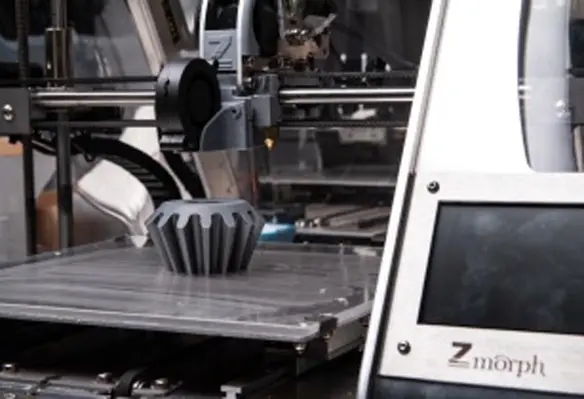SYSTEMS & COMPONENTS will be held parallelly with the Agritechnica trade fair from 12-18 November in Hanover, Germany
Additive manufacturing, commonly known as 3D printing has become a key concept which is being used by all major construction, forestry and agricultural machinery manufacturers for prototype and small batch production, with some being fully integrated into mass production. Additive manufacturing can drastically shorten development times and produce highly complex component geometries cost-efficiently, with the latest developments attracting increasing interest from off-highway industries.
At SYSTEMS & COMPONENTS and the parallel Agritechnica trade fair, agricultural machinery manufacturers and their OEM partners, who are already printing components directly, will be able to tap into the full potential of additive manufacturing. In addition to the familiar powder- and wire-based technologies, exhibitors at the Hannover exhibition center are also working on innovative material combinations to push the limits of 3D printing. Technologies such as Fused Deposition Modeling (FDM) or Selective Laser Sintering (SLS) make it possible to use materials close to production quality in the building of prototypes and preproduction components that are then representative of industrial large-scale production.
Another key topic at SYSTEMS & COMPONENTS is spare parts on demand and their production for after-sales. An increasing number of spare parts can be produced using a 3D printer, precisely meeting the customer's requirements and matching the quality of the original. The advantage is that the spare parts only need to be created and stored as data models, while production can take place as and when needed. 3D printing proves advantageous, especially for older agricultural machinery, where worn-out parts can no longer be manufactured efficiently using traditional production methods.




